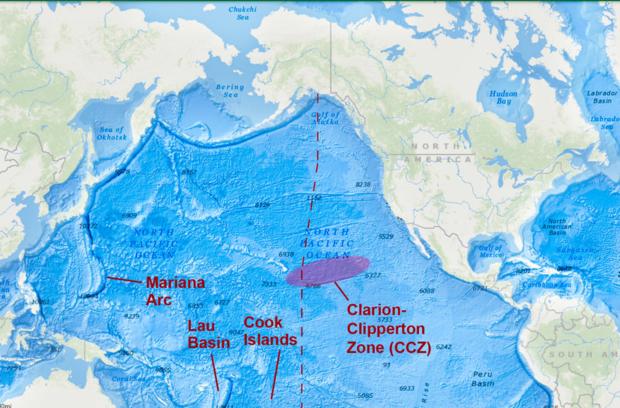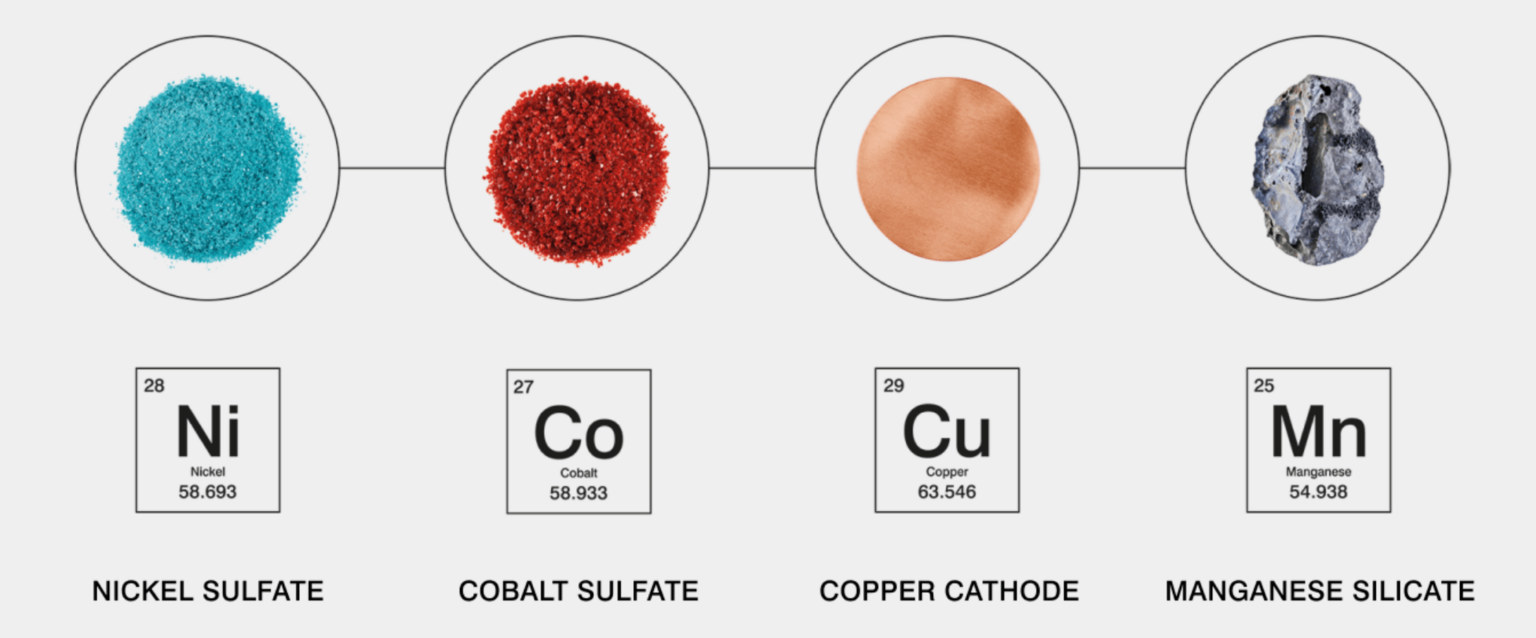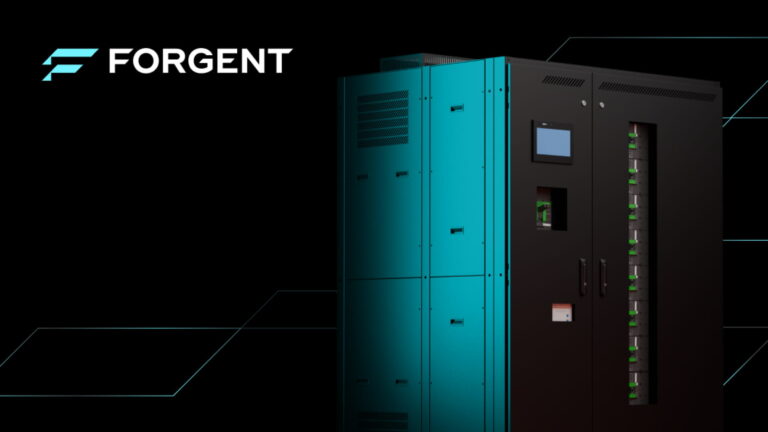U.S. Deep-Sea Push Could Boost a Little-Known Mining Firm
A new initiative by the Trump administration to stockpile deep-sea metals could provide a major tailwind for The Metals Company ($TMC), a Canadian firm at the forefront of ocean-floor mineral exploration.
According to a report by the Financial Times, Donald Trump’s team is drafting an executive order aimed at building up a U.S. reserve of critical metals sourced from the seabed—specifically polymetallic nodules found in the Clarion-Clipperton Zone (CCZ) of the Pacific. These potato-sized rocks contain vital materials like nickel, cobalt, copper, and manganese—core ingredients for batteries, electrical grids, and munitions. The plan, sources told the FT, is meant to counter China’s grip over global battery and rare earth supply chains.
While the U.S. already maintains federal reserves of oil and certain strategic metals, this would be the first time polymetallic nodules are included. The Trump team’s broader goal: secure domestic access to materials that could become bottlenecks in the event of geopolitical conflict or trade disruption.
The Metals Company: A Player in Deep-Sea Mineral Exploration
The Metals Company ($TMC), a Vancouver-based firm, positions itself as a frontrunner in this emerging industry when it comes to actual progress in harvesting polymetallic nodules. While it’s not a rare earth miner per se—its main focus is on metals critical for battery production and electric infrastructure. But in a market where critical materials are becoming increasingly strategic, the lines are starting to blur.
TMC was originally founded in 2011 as DeepGreen Metals. The firm began by securing exploration licenses in the Clarion-Clipperton Zone (CCZ), a vast mineral-rich area of the Pacific Ocean, through partnerships with island nations like Nauru, Tonga, and Kiribati. In 2021, DeepGreen merged with a SPAC (Sustainable Opportunities Acquisition Corp.), going public under the name The Metals Company with a valuation of $2.9 billion and $330 million in funding.
The company is now pursuing a U.S.-based regulatory path that could align closely with the Trump team’s reported goals. In March 2025, TMC announced it had formally initiated the process of applying for exploration licenses and commercial recovery permits under the Deep Seabed Hard Mineral Resources Act (DSHMRA)—U.S. law passed in 1980 to regulate deep-sea mining in international waters.
“Over the last decade, we’ve invested over half a billion dollars to understand and responsibly develop the nodule resource in our contract areas,” said TMC CEO Gerard Barron. “We believe the U.S. offers a stable, transparent, and enforceable regulatory path.”
The move comes after a decade of engagement with the International Seabed Authority (ISA), which TMC says has failed to implement long-promised regulations for commercial mining.
What TMC Actually Does
TMC explores and aims to extract polymetallic nodules lying 4,000 to 6,000 meters below the ocean surface in the CCZ, between Hawaii and Mexico.

These nodules formed over millions of years and contain:
- Nickel – used in electric vehicle batteries and stainless steel
- Cobalt – essential for battery stability
- Copper – used in wiring, motors, and energy transmission
- Manganese – used in steel and battery components

Unlike traditional mining, TMC’s collection process does not involve drilling or removing overburden. The nodules lie on the seafloor and can be gently gathered using robotic vehicles. The company argues this method causes significantly less impact compared to open-pit mining on land and avoids displacing communities or destroying forests.
TMC’s dual mission is:
- To supply critical metals for infrastructure and clean energy.
- To eventually trace, recover, and recycle these metals—forming what it calls a “metal commons.”
The company has also built what it claims is the largest environmental dataset in the history of the Clarion-Clipperton Zone and completed a successful pilot test of its offshore collection system.
Why It Matters
As supply chains become battlegrounds, companies like TMC could gain relevance not just for their technology, but for their geopolitical utility. The Financial Times report underscores how seriously the U.S. government is now taking seabed mining—not just as a commercial opportunity but as a strategic necessity.
If Trump enacts the executive order, it could give TMC a first-mover advantage in what may become a race to secure undersea mineral rights.
TMC stock has historically seen speculative interest, particularly during periods of geopolitical uncertainty. A formal U.S. initiative to stockpile seabed metals could draw renewed attention to companies involved in deep-sea mining, potentially positioning TMC for a more prominent role in the evolving critical materials landscape.
This article is for informational purposes only and is neither investment advice nor a solicitation to buy or sell securities. All investment involves inherent risks, including the total loss of principal, and past performance is not a guarantee of future results. Always conduct thorough research or consult with a financial expert before making any investment decisions. BBAE has no position in any investment mentioned.














